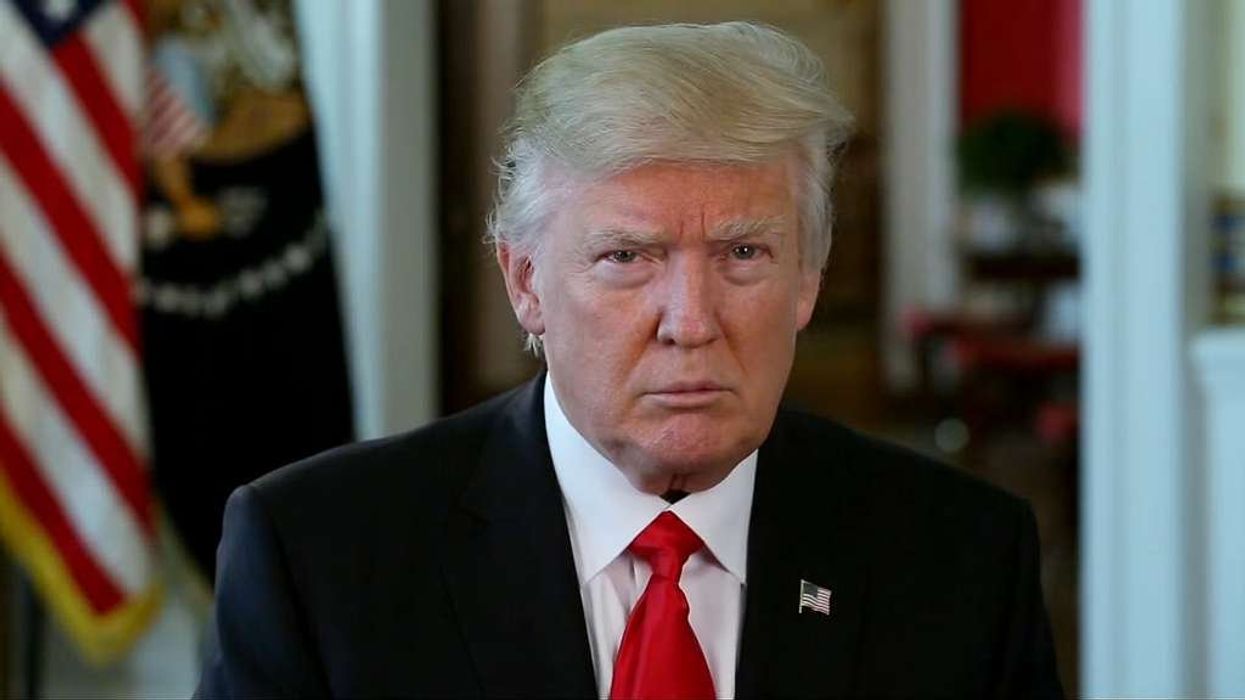As former President Donald Trump appeals the federal appellate ruling rejecting his "immunity from prosecution for official acts," MSNBC legal correspondent Lisa Rubin raises the question, how much does the former president's "immunity defense really matter?"
In a Wednesday, February 14 op-ed for the news outlet, Rubin also asks, "Is the Supreme Court’s handling of Trump’s immunity defense important?" She says it is. "But is it the linchpin to the efforts to hold Trump accountable for his varied and numerous alleged criminal acts?" the legal expert answers, "Not even close."
Rubin suggests the MAGA hopeful's "immunity appeal is a huge deal" in special counsel Jack Smith's January 6 election interference criminal case. "But of Trump’s three other criminal cases," she writes, "there are at least two in which the immunity ruling is already unlikely to have any impact: the Mar-a-Lago documents case, which is pending before federal Judge Aileen Cannon in Florida, and the Manhattan district attorney’s so-called hush money case, which is currently scheduled to be tried next month before state Judge Juan Merchan in New York."
READ MORE: George Conway: 'Bulletproof' Trump immunity ruling may not be 'worth Supreme Court’s time'
Regarding Trump's Mar--Lago classified documents case, Rubin writes, "when one looks at the criminal charges in that indictment, it is clear that all of Trump’s charged conduct concerns actions and decisions when he was no longer president." With that, the legal expert concludes "even though Trump’s lawyers promised in a recent filing that they will move to dismiss the Mar-a-Lago case on or before Feb. 22 on grounds of presidential immunity, they probably understand that the argument, at least under the Constitution, is unlikely to prevail, given the time frame at issue."
In the ex-president's hush money case, Rubin adds, "Nonetheless, he has never moved to dismiss that indictment on grounds of presidential immunity. Why? Because a federal judge has already ruled that the argument isn’t a colorable defense."
She notes "the judge rejected Trump’s argument that he was immune from prosecution because his conduct was 'taken solely because he was President of the United States' and thus his 'decision to retain Michael Cohen to act as his personal lawyer arose out of his duties as President.'
The former litigator emphasizes, "Trump initially appealed that decision but ultimately abandoned his appeal — and the immunity defense with it."
READ MORE: SCOTUS likely to reject appeal of Trump immunity ruling: experts
Rubin's full op-ed is available at this link.


